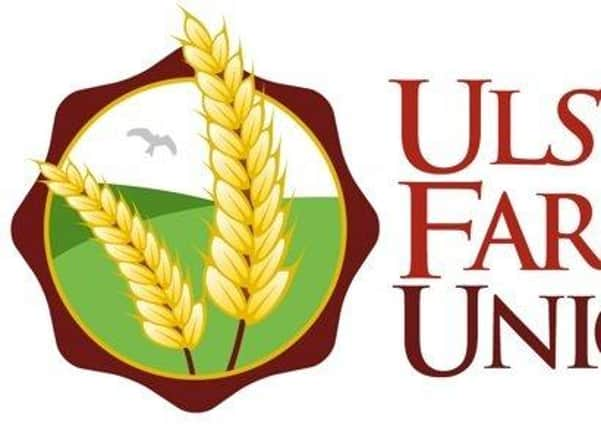Finding the best way forward


In response to the ongoing frictions in trade movements from Great Britain (GB) to NI, some of which are benefitting from temporary easements, the United Kingdom (UK) government is calling for the UK and European Union (EU) to work to seek long term solutions.
Summary of key proposals from the government are goods intended to stay in NI should not be subject to full customs and SPS controls, but controls would apply to goods intended for movement on to the EU single market (with some specific exceptions for high-risk goods such as live animals or some plants and plant products). This approach would be supported with market surveillance and data sharing, enforcement measures, trader transparency and possible other measures such as labelling requirements or SPS agreements. The UK government is calling for a ‘standstill’ on current grace periods and a ‘freeze’ on EU legal action to facilitate urgent discussions.
Command paper overview
Advertisement
Advertisement
The command paper opens with a forward from the Prime Minister Boris Johnson, acknowledging the difficulties that have arisen as a result of the NIP, both practically and politically. He goes so far as to say he feels that the impacts of these difficulties would justify the triggering of Article 16, but at this stage the UK government is seeking to agree long term solutions with the EU, which respect NI’s place in the UK, the EU’s single market, and ensure there is no hard border on the island of Ireland.
Lord Frost and Brandon Lewis identify the key issue as being rooted in the requirement for GB goods entering NI to meet many of the requirements for third country trade into the EU, including certification requirements which add cost and complexity into supply chains. They express a desire to work with the EU to find solutions which recognise both the shared history between the UK and the EU and the continuation of those objectives for the future.
The government argues this must be approached on the basis of compromise, creativity and flexibility, and an ambition to seek long term solutions which could benefit not on GB-NI trade, but EU-UK relations. The paper seeks to defend the development of the NIP, by stating the current UK government’s ability to negotiate with the EU was hampered by the previous government’s ‘Backstop’ proposals, which established principles of NI alignment with EU rules where specific solutions could not be found, as well as the requirement to secure an Agreement prior to the UK’s departure from the EU under the Benn Burt Act.
The impacts for agri-food trade (to date) can be seen in the data included in the paper, with 40,000 documentary checks and 3,000 physical checks having been carried out. It is estimated that these represent 20 percent of the EU total (more than are carried out in any single Member State). At least 200 GB companies have stopped supplying NI as a result, certain goods cannot be moved from GB to NI, costs have increased, and product lines have reduced. There have also been social and political impacts, which the paper states were particularly exacerbated by the EU’s plans to trigger Article 16 in relation to vaccines on 29 January 2021 (despite quickly withdrawing this action).
So what are the next steps?
Advertisement
Advertisement
The UK government is calling on the EU to agree to a ‘standstill’ of the existing arrangements such as grace periods, and a ‘freeze’ on legal actions, in order to support open negotiation without risk of cliff edges. The UK government is also calling for intensive discussions to begin urgently. The EU Commission Vice President Maroš Šefčovič responded to the paper in an official statement, noting the paper and Lord Frost’s accompanying statement. Vice President Šefčovič emphasised that the NIP is an internationally recognised legal treaty, agreed by PM Boris Johnson and Lord Frost and ratified by the UK Parliament, and therefore it must be properly implemented.
He also highlighted EU efforts to seek flexible and pragmatic solutions, such as the package of measures tabled on 30 June. He confirmed that the EU will continue to engage with the UK on possible creative solutions within the current framework of the NIP and the joint bodies of the Withdrawal Agreement but will not renegotiate the agreement; President Ursula von der Leyen reiterated this following a call with PM Boris Johnson in a later comment.